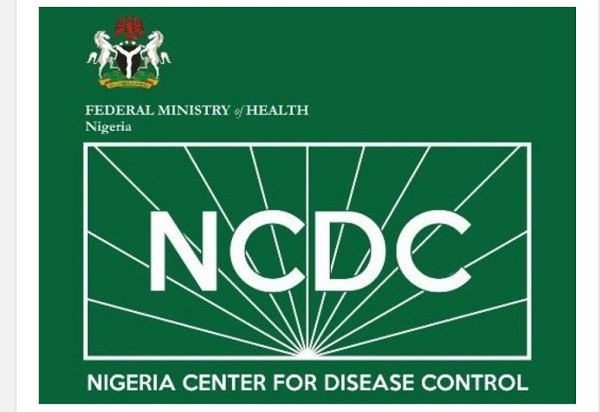
The Nigeria Centre for Disease Control and Prevention (NCDC) has issued an urgent warning about the increasing number of yellow fever cases in the country, which coincides with the ongoing cholera outbreak affecting nearly all states.
Director-general of the NCDC, Dr. Jide Idris announced this during a press conference held on Tuesday in Abuja. He highlighted that since June 2024, the NCDC has been actively managing a cholera outbreak that has spread across 34 states and the Federal Capital Territory (FCT), impacting 187 local government areas (LGAs).
“As of July 15, 2024, Nigeria has recorded 3,623 suspected cholera cases and 103 deaths, with a case fatality rate of 2.8 percent,” Idris stated. He noted a slight decline in reported cases and fatalities in the past week, attributing the improvement to ongoing national and state-level efforts. However, he cautioned that the peak of the rainy season, which typically exacerbates cholera outbreaks, was still ahead. Concerns about underreporting due to inadequate resources for surveillance and political stigma associated with the disease were also mentioned.
In addition to cholera, Idris said that the agency has observed a troubling rise in yellow fever cases, particularly with the onset of the rainy season. “Three presumptive positive cases have been reported; two in Ekiti and one in Bayelsa, along with one death. Yellow fever, a viral hemorrhagic disease transmitted by infected mosquitoes, presents symptoms such as fever, chills, headache, back pain, body aches and jaundice,” he explained. He highlighted the importance of vaccination as the most effective prevention method against yellow fever, offering lifelong immunity.
Idris urged the public to ensure they were vaccinated, use mosquito repellents, wear protective clothing, and eliminate stagnant water to reduce mosquito breeding sites. Heavy rainfall and flooding significantly impact the spread of waterborne diseases like cholera and yellow fever. “Floodwaters often carry pathogens from soil, animal waste and sewage into water sources, compromising water quality and leading to disease outbreaks. Flooding also creates ideal breeding conditions for mosquitoes, increasing the risk of mosquito-borne diseases such as malaria, dengue fever and yellow fever,” he added.
The NCDC has provided comprehensive guidelines to mitigate the impact of these diseases:
– Boil and store water in clean containers.
– Practice proper hand hygiene.
– Ensure food is thoroughly cooked and protected from contamination.
– Avoid open defecation and improper waste disposal.
– Seek medical attention for any sudden, sustained watery stool.
For healthcare workers, Idris emphasised the importance of using standard safety precautions and reporting suspected cholera cases promptly. For state governments, he stressed prioritising access to safe water, sanitation and hygiene facilities and maintaining proper drainage systems to prevent water accumulation.
In addition to these measures, Idris urged Nigerians to remain vigilant against COVID-19 by maintaining hygiene practices, wearing masks, and getting vaccinated, as there are reports of a global surge in cases. He called on all stakeholders, including government agencies, healthcare workers, partners and the public, to intensify efforts in combating these public health threats. He stressed the need for coordinated action to prevent further loss of lives and ensure the health and well-being of all Nigerians.
This call to action underscores the critical need for a multi-faceted approach to public health, focusing on prevention, timely intervention, and community engagement to tackle these pressing health challenges.

